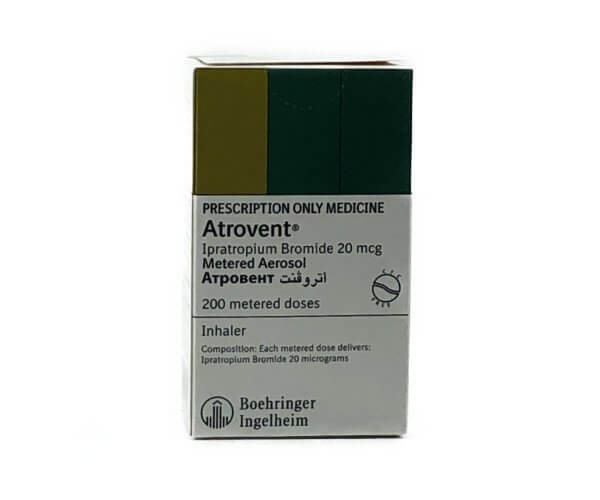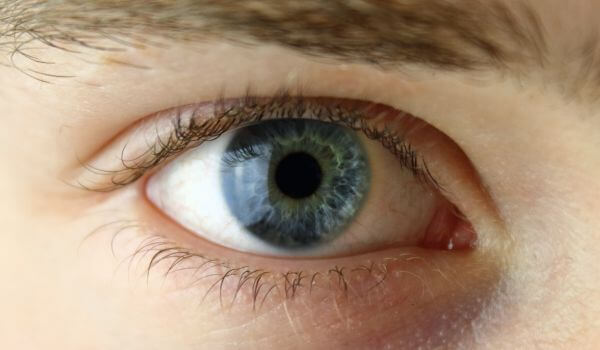Atrovent (ipratropium) inhaler is used to treat breathing problems that can be caused by bronchospasm (narrowing of the airways in the lungs) in people with asthma, bronchitis, emphysema, or chronic obstructive pulmonary disease (COPD). Ipratropium belongs to group of medicines known as bronchodilators.
Dosage
Be sure to adhere to the dosages as prescribed. The inhaler delivers a measured dose of 0.2 mg with each puff.
The usual dosage for adults is one or two puffs, four times a day. In some cases, up to four puffs may be prescribed as needed, usually at the start of treatment, to get the most benefit. Total dosage should not exceed 12 puffs in 24 hours.
Children from 6 to 12 years of age should receive one or two puffs, three times a day. To ensure correct use of the inhaler, children should inhale under adult supervision. Inhalation for children under 6 years of age should be supervised by a doctor.
This text is for informational purposes only. Please consult a doctor or pharmacist before using any medication.
Read the information leaflet that comes with the medication.
Most people who use Atrovent do not experience any negative side effects. Doctors prescribe Atrovent because they assess that the benefits that such treatment yields outweighs any likely unwanted effects.
Some of the side effects that have been reported include headache, dizziness, cough, throat irritation, dry mouth, taste disturbances, constipation and nausea.
Not all side effects are listed here. If these or other unlisted symptoms persist or worsen, consult a healthcare provider or pharmacist.
Atrovent can reduce the frequency and severity of asthma attacks, as well as reduce the symptoms of chronic obstructive pulmonary disease (COPD). They are both lung conditions that cause airway swelling and difficulty breathing. Atrovent is not a rescue inhaler for use in cases of acute breathing difficulties in asthma attacks.
The main symptoms of asthma are a dry cough, wheezing and chest tightness, especially at night. COPD symptoms include a loose cough producing phlegm and irritation in the airways that can cause a buildup of mucus, making it difficult to breathe.
Atrovent can also relive breathing difficulties in cases of emphysema and bronchitis.













